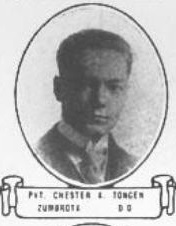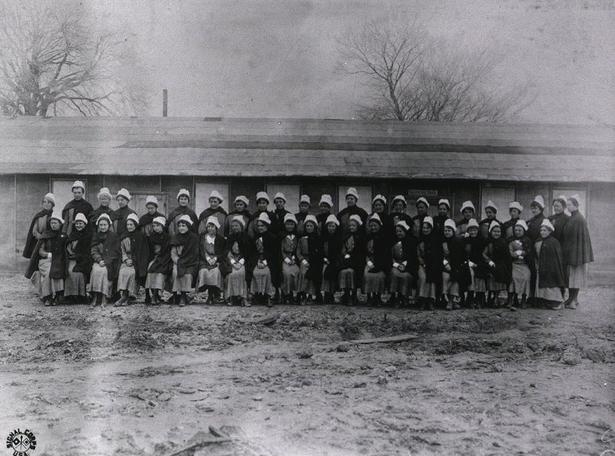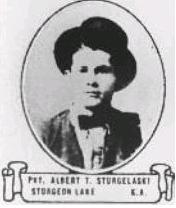During the centennial of World War 1, this page periodically remembers American servicemen who gave their lives in that war.
Chester A. “Chesty” Tongen of Zumbrota, Minnesota, was a 1916 graduate of the University of Minnesota, with a degree in pharmacy. At the University, he was a member of the Scandinavian Literary Society and the Hope Lutheran Society.
He started at the University’s College of Pharmacy in 1912, and his campus address that year is listed in a University Directory as 1609 SE 4th Street, Minneapolis, which currently houses a University parking ramp. He was the son of Andrew H. and Anna M. Tongen and had previously studied at St. Olaf College in Northfield, Minnesota. He was a member of Holden Lutheran Church of Kenyon, Minnesota.
Despite his education, the Great War saw him as a Private. He is listed as having died of disease. I was unable to find any grave for Private Tongen at any of the American cemeteries in Europe, which I suspect means that he died of disease after induction but while still stateside.
His college yearbook bears the quote, “I shall soon have a Norske Apotek all my own.” It was not to be.
The photo here is from Soldiers of the Great War, Volume 2, Page 113.




